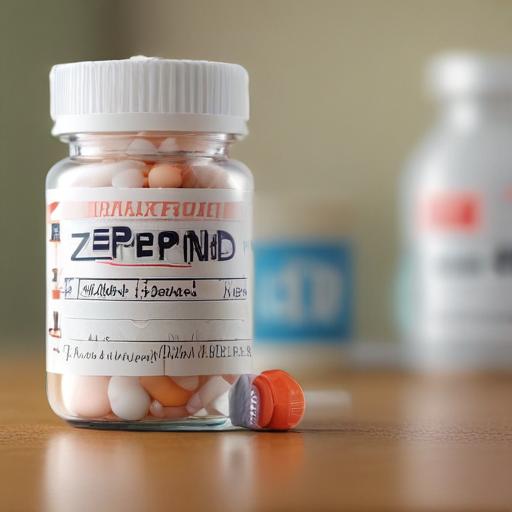Eli Lilly and Company recently revealed the outcomes of its SURMOUNT-5 clinical trial, showcasing the effectiveness of its obesity treatment drug, Zepbound (tirzepatide), which outperformed Wegovy (semaglutide) in a head-to-head comparison. Participants in the study experienced an average weight loss of 20.2% on Zepbound, compared to 13.7% on Wegovy after a 72-week treatment period.
The trial involved 751 participants suffering from obesity or overweight, accompanied by at least one weight-related health issue but without diabetes. Researchers found that 64.6% of those on Zepbound achieved at least a 15% weight loss, compared to just 40.1% on Wegovy. Furthermore, Zepbound facilitated a greater reduction in waist circumference, with an average loss of 7.2 inches, compared to 5.1 inches for Wegovy.
The results were presented at the 32nd European Congress on Obesity and published in The New England Journal of Medicine, affirming Zepbound’s status as a leading option in obesity management. “These findings are significant as they show Zepbound’s superiority over semaglutide, reinforcing its potential role in effective obesity management,” stated Leonard Glass, MD, from Lilly.
Safety evaluations indicated that Zepbound’s adverse effects were mostly mild to moderate, with gastrointestinal issues being the most reported and a lower discontinuation rate (6.1%) compared to Wegovy (8.0%). Both drugs aim to be part of a comprehensive weight management strategy that incorporates diet and exercise.
This positive outcome is a beacon of hope for those battling obesity, as advancements in drug development could pave the way for effective management of this prevalent condition. The data emphasizes the importance of continuous research and innovation in fighting obesity and related health complications.
As Eli Lilly pushes forward with tirzepatide’s approval for treating severe obesity and related ailments, it sets the stage for improved health outcomes for many and reflects a commitment to combating obesity through scientific progress.
With ongoing studies examining the long-term effects and safety of tirzepatide, the healthcare community remains optimistic about its potential to change lives.
